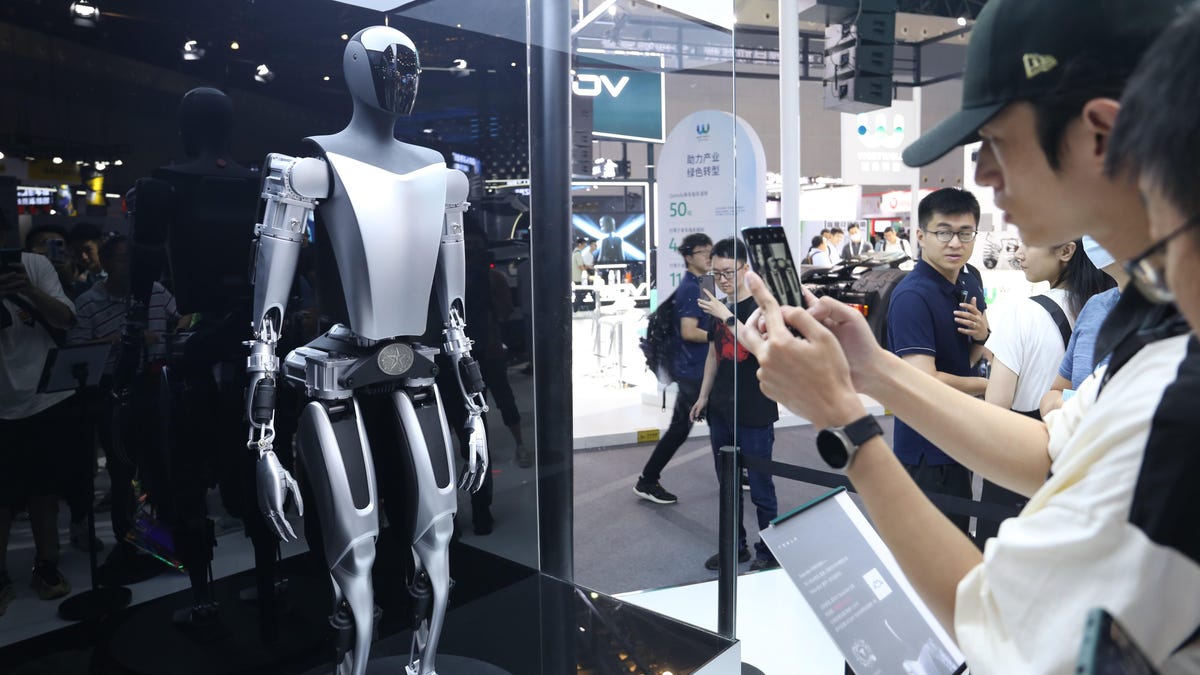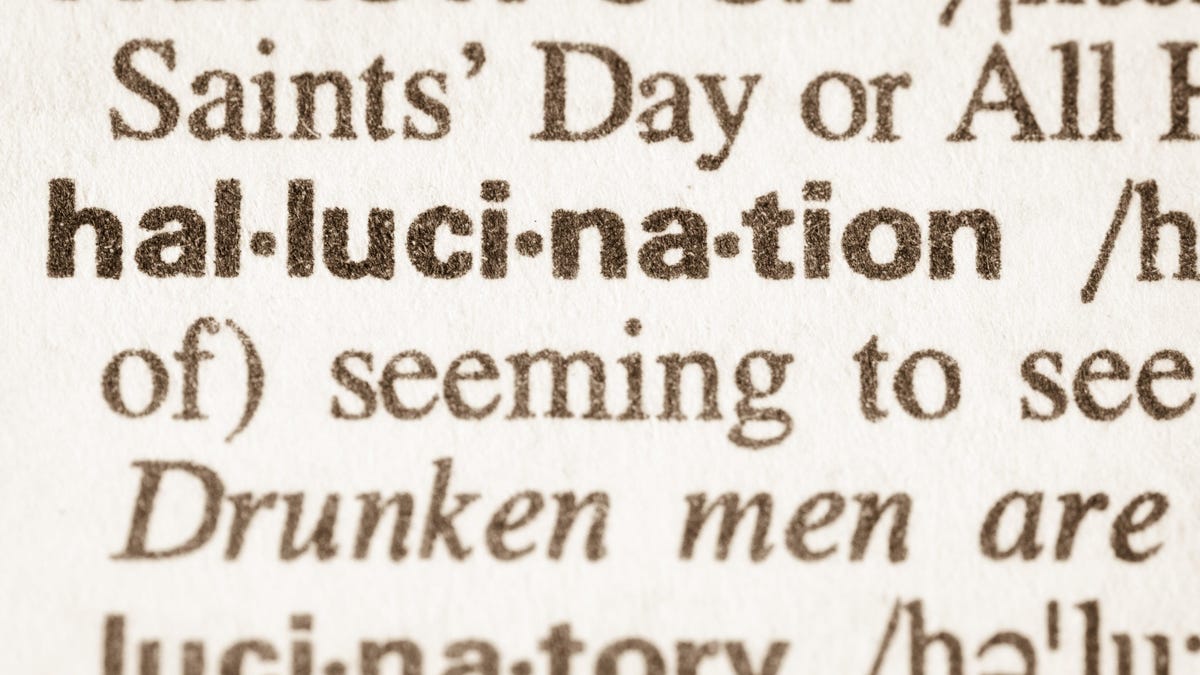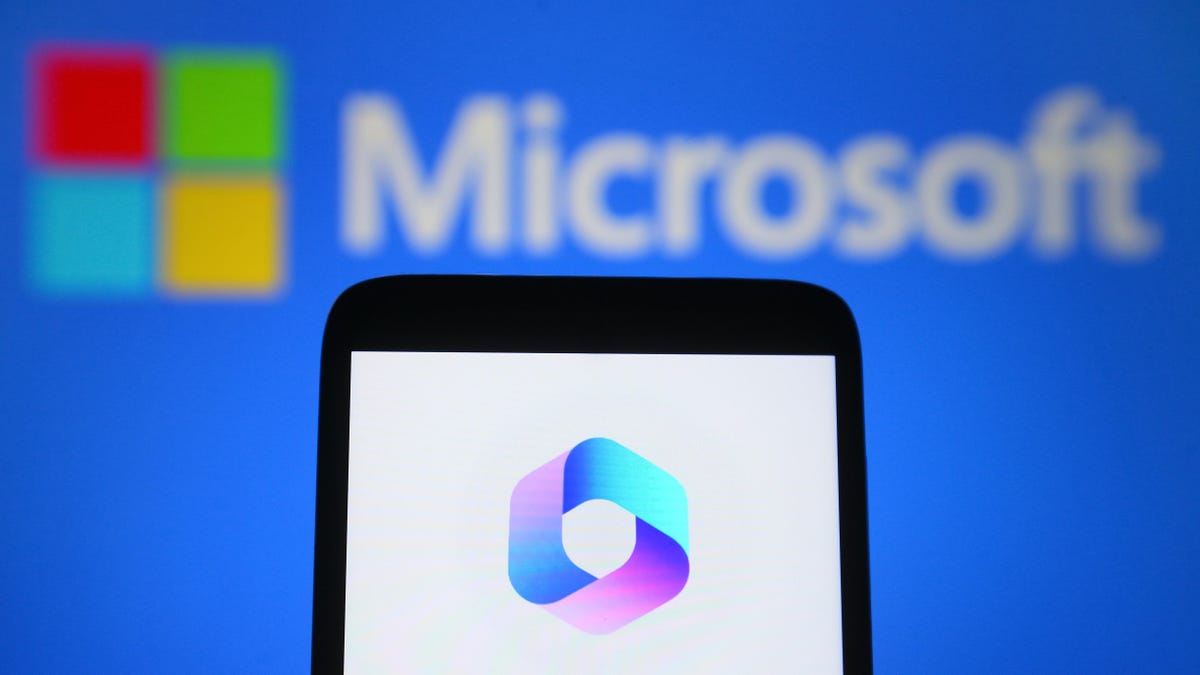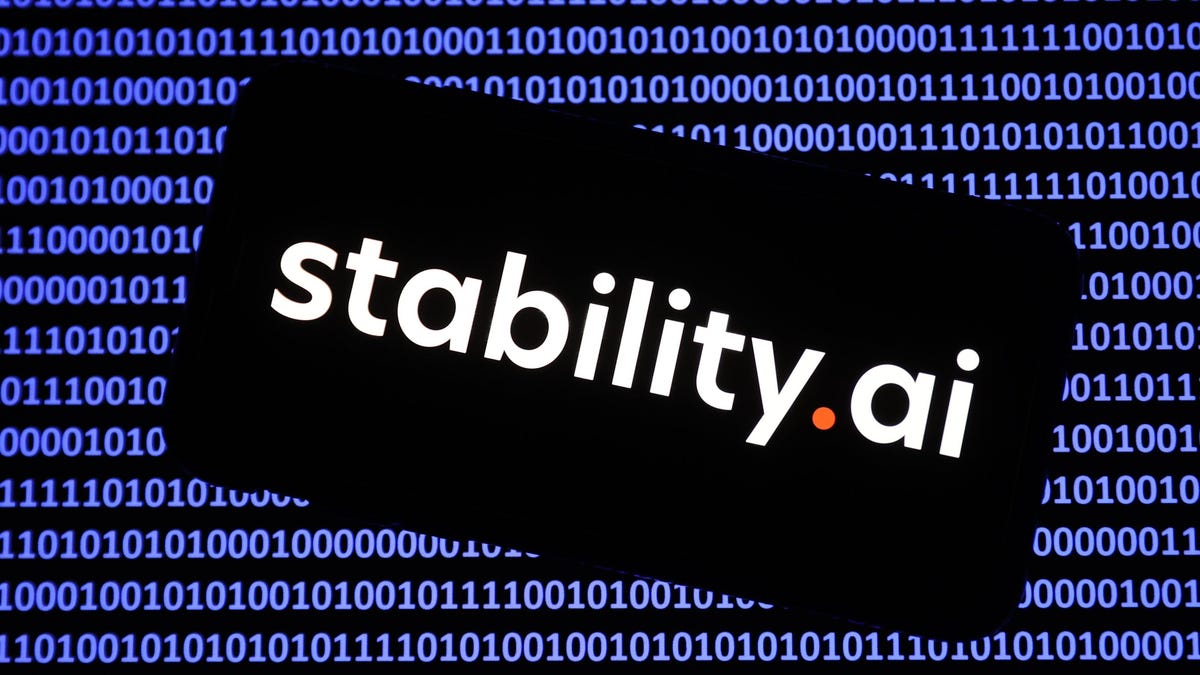As 2024 begins, there has been plenty of speculation about what lies ahead for artificial intelligence. AI was the hottest industry in the world last year and it will likely continue to be so throughout 2024—and maybe the rest of your godforsaken life. That said, many of the concerns about this startling new technology have not been resolved or mitigated. While AI promises bold new capabilities for companies and web users, there are tons of potential harms that it could inflict upon us over the next twelve months. On that topic, here are some of the ways that AI could totally suck this year:
- More people could lose their jobs because of AI. Last year was a year of unprecedented layoffs and it’s hard not to draw a throughline between that and the fact that it was also the year that companies pivoted towards new kinds of automation. This year probably won’t be much different. A recent survey of business leaders showed that some 40 percent said they would probably conduct additional layoffs in 2024. Similarly, 40 percent of those surveyed said that they planned to replace laid-off workers with AI. I have argued that the main “benefit” of AI—at least, insofar as companies are concerned—is that it is a cost-saving mechanism that allows them to boot certain workers and replace them with software.
- AI will continue to be a major disinformation generator. Everybody knows that the internet is awash in mis- and disinformation but experts contend that the problem is about to get a whole helluva lot worse, thanks to AI. Indeed, there’s been no shortage of warnings from technologists about just how bad the disinformation problem could get now that web users can generate massive amounts of visual, textual, and video content with the click of a button. As America gears up for what is set to be a very important presidential election, the internet seems primed for a perfect storm of AI-generated bullshit. God help us.
- AI will continue to make the entertainment industry more annoying. Last year, AI made tons of inroads into the entertainment industry, from AI-generated music (some of which became subject to lawsuits) to AI influencers, actors, and porn stars. This year, much of that will continue and I, for one, am not excited about it. Even before AI came on the scene, pop culture in America was already in trouble. Now that people are hellbent on “disrupting” stuff like music, movies, and comedy with AI avatars and auto-generated songs and jokes, it seems destined to produce a pop culture wasteland that is somewhere between being fascinating in a car-wreck sorta way and unequivocally unbearable.
- Get ready for more cloying enthusiasm from the worst parts of the tech world. 2023 was the year that a new techno-utopian ideology sprang up to support the nascent AI industry. The techno-optimists, as they call themselves, have kicked off what is little more than a PR campaign for their own greed, vaunting a deranged pseudo-philosophy that uncritically celebrates the dual principles of “innovation” and “capitalism” and attacks anything that threatens or is moderately critical of them. I think we can expect much, much more of that kind of year, the bulk of which will be circulated in an effort to ward off stuff like government regulations or attempts to institute ethical guidelines in AI development.
- Police technologies will get much creepier. The odious industry that generates police surveillance and enforcement equipment is already creepy AF but some experts contend that AI is poised to supercharge its creepiness by an exponential degree. When combined with extant biometric and digital surveillance technologies, AI has the potential to make government monitoring systems that much more powerful and comprehensive, leading to incursions against civil liberties.
In the interest of fairness, we’ll try to do a round-up in the coming weeks of all the ways that AI could actually be pretty cool this year. If the technology’s benefits are slightly less obvious to me than those on the suck-list, I’ll still try my best to play devil’s advocate.
Question of the day: What is “botshit”?
AI has spawned more than a few head-scratching terms over the past several years but we got an all-timer this week: “botshit.” We can thank a team of academic researchers for that one, who coined it in a recent paper on AI content generation. In essence, botshit is a play on bullshit and refers to the ways in which generative AI can be used to create content that is filled with inaccurate or misleading information. In other words, it’s basically a re-branding of “hallucination,” which is the well-known term that refers to LLMs’ penchant for spouting incorrect or wholly fabricated “facts.” Researchers have highlighted the necessity of using risk management approaches to combat the spread of “botshit” online, especially as the upcoming 2024 presidential election offers plenty of opportunities for such content to directly interfere with America’s political process.
More headlines this week
- The King is back, with a little help from AI. Elvis Presley died on a toilet 40 years ago, and he’s just as popular as ever. In addition to being the focus of two new feature films and a swell of documentaries and books, it now appears that the King will be coming back from the dead! Well, not literally. Rather, an AI-fueled hologram of him will be used to perform a “concert” in London this November. “Elvis Evolution” promises to use a combination of augmented reality and onstage special effects to bring the rock star back to the stage. This unholy resurrection is being brought to you by Layered Reality, a tech startup that partnered with the Elvis Presley estate owner Authentic Brands Group to make the show happen. In addition to his “performance” in London, AI Elvis will make tour stops in Berlin, Toyko, and, of course, Las Vegas.
- Turns out OpenAI is a total cheapskate when it comes to paying news publishers. Companies like OpenAI have trained their algorithms with massive troves of articles from major newspapers like the New York Times and the Washington Post, leading to accusations that the companies are stealing and repackaging copyrighted content from the outlets. AI firms have tried to stave off this kind of legal action by brokering deals with news organizations to license their content. However, it doesn’t sound like newspapers stand to gain much from those deals. This week we learned OpenAI is only paying $1-5 million to cooperating news orgs, a pretty pathetic handout in comparison to what the content is potentially worth.
- Jeff Bezos is coming for Google with a new AI startup. Everybody’s favorite bald billionaire is trying to break into the AI game by backing a new startup. Yes, the guy who killed your local bookstore and built the most gargantuan e-commerce company in existence has thrown some money behind Perplexity, a small California firm that the Wall Street Journal reports is “going after Google’s dominant position in web search.” Perplexity promises to upend the way people surf the web by offering what it calls an “answer engine.” Said engine sounds similar to other AI-assisted search products that have been launched recently and uses an interface to answer web users’ questions directly rather than referring them to droves of indexed links. Bezos and other rich investors have recently poured $74 million into Perplexity, in the hopes that it is the next big thing.








